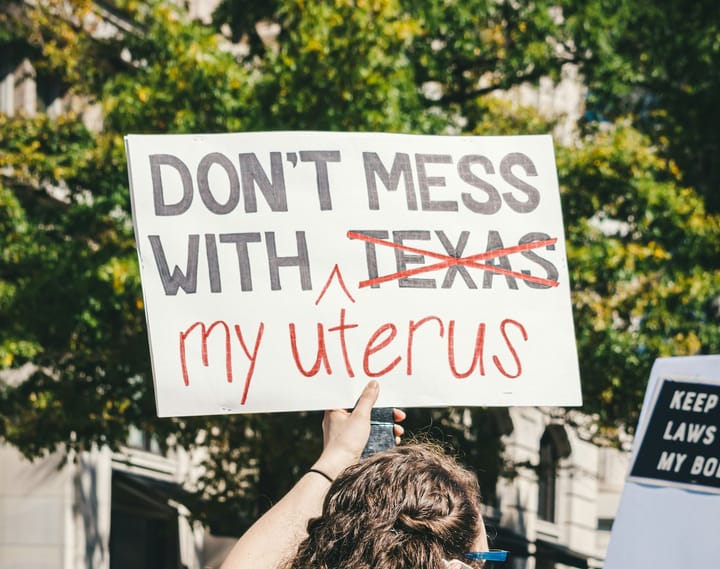Federal Program That Helps Teens Access Contraception Must Require Parental Consent In Texas

This week, the Fifth Circuit Court of Appeals ruled that a federal program that provides contraception to teens must include parental consent. The Fifth Circuit largely upheld an opinion from last year by U.S. District Judge Matthew Kacsmaryk, who heard the case Deanda v. Becerra and ruled on behalf of the plaintiff, who was suing federal programs called Title X that provide contraception to teenagers.
The plaintiff in the case is an Amarillo father, Alexander Deanda, who said he objected to a federal program that could give access to birth control for his children. Jonathan Mitchell, the man who was the architect of the abortion ban Senate Bill 8, was Deanda’s attorney. The Fifth Circuit ruled that the plaintiff did have standing to sue Title X, even though his children had never tried to use the program. The Title X program was established in 1970 under President Nixon, and has assisted millions of Americans in safe family planning.
The initial ruling by Kacsmaryk, who was appointed by Donald Trump to his position in 2019, placed a heavy strain on clinics in Texas. Should this case be appealed to the Supreme Court, the conservative majority could side with the Fifth Circuit and threaten access to contraception through Title X programs across the country, not just in Texas.
In the wake of last year’s Supreme Court decision overturning Roe v. Wade, many reproductive rights advocates were sounding the alarm over threats to contraception. In a concurrence of that Supreme Court opinion, Justice Clarence Thomas made it clear he wanted to revisit other decisions from the court, including access to contraception and same-sex marriage.
Democracy Forward, a nonprofit legal service and public policy research organization, filed an amicus brief on behalf of several public health organizations with the Fifth Circuit. After their ruling, Democracy Forward CEO Skye Perryman issued a statement.
“While clinicians of course encourage adolescents to include parents and guardians in their care, research has shown that adolescents who lack access to confidential care are more likely to withhold information from their health care providers, delay care, or not seek help at all,” said Perryman. “Young people who aren’t comfortable involving a parent shouldn’t be denied this essential health care, and this ruling will do real harm to real people.”



Comments ()